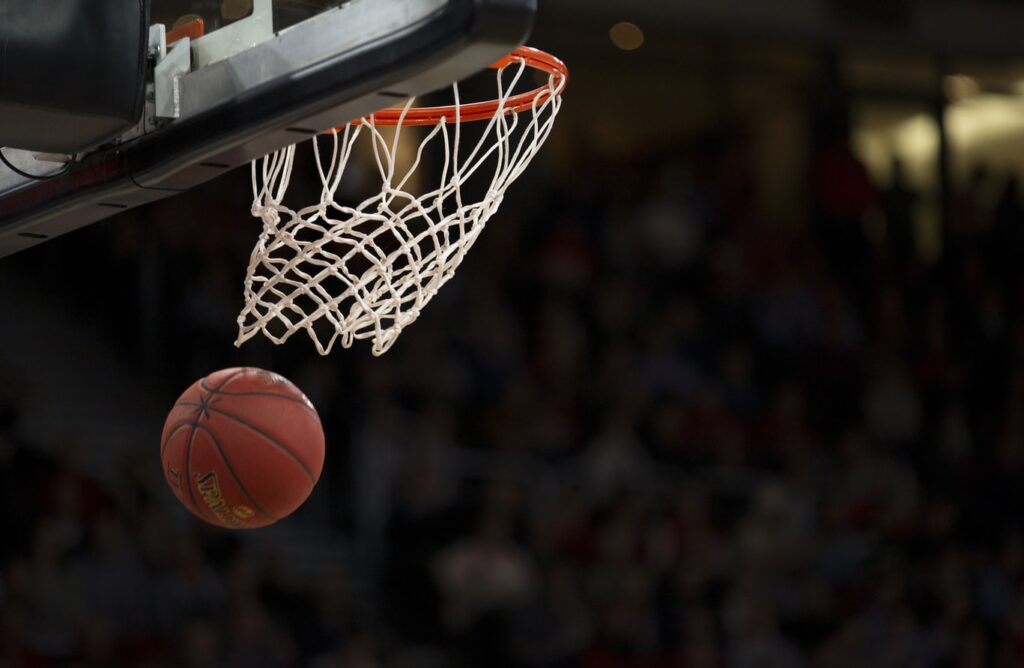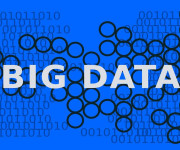Moreyball: the NBA and Big Data
Back in 2003 when Michael Lewis penned his book Moneyball: The Art of Winning an Unfair Game, not many sports fans understood data analytics. The work explored Billy Beane’s mission to turn leaner scouting practices into a stronger season for the Oakland Athletics MLB team. It was a landmark work that exposed how data could make a tangible difference for sports teams.
Previously, fantasy leagues were as close as many sports fans came to stats. However, Lewis’ work, which was eventually turned into a 2011 film from Sony Pictures, helped launch an entire industry of sports analytics. Within a few years, most MLB teams had adopted at least some of Beane’s methodologies.
Soon, most teams in the major leagues would have a data analytics department. Aside from players and teams, sportsbooks have also looked to apply data analytics. Not only does big data help predict future outcomes but, like franchises themselves, oddsmakers can use historical data to improve their models.
At the moment, many companies are looking to offer computer predictions, which are based on machine-learning algorithms. With free bets from top sportsbooks available online, many punters, seasoned and green, have shown curiosity about using AI models before placing bets. However, sportsbooks are keeping their formulas under wraps—much like major league data analytics departments.
As each major league has adopted and adapted big data application, there’s been pushback from players and staff who tout ‘the old ways’. In recent years, few concepts have seen as much discussion as Moreyball, the title given to NBA analytics as popularized by staffer Daryl Morey.
History of Moreyball
In 2002, Daryl Morey left behind a career with EY Parthenon, a branch of Ernst & Young where Morey offered consultations with a specialty in sports analytics. From there, Morey entered the world of basketball with a position as VP of operations with the Boston Celtics.
Four years later, Morey moved on to the Houston Rockets, where he became the first GM in NBA history to have a ‘non-traditional basketball background’. Morey was part of a move by the Rockets to adapt advanced data analysis into a scouting and training framework.
From 2007 to 2020, Morey helped transform not only how the Houston Rockets trained their players, but how franchises across the NBA approached stats. Along the way, he earned a few accolades, like being named the NBA’s Executive of the Year in 2018, and helped push the Rockets to nine playoff appearances during his tenure.
However, Morey also made more than a few enemies for his approach to the game.
Key Components
Billy Beane’s statistical analysis in the MLB built on sabermetrics studies, which transformed how scouts in the MLB quantify a player’s projected worth. Though Morey originally looked at data to help the Celtics improve their scouting practices, he eventually discovered that basketball stats could be analyzed to improve offense.
He studied where on the court players most often scored from, and which types of baskets led to an offensive edge on opponents. As he worked to redesign plays that would result in a higher chance of scoring, Morey discovered one underutilized form of play: hitting three-pointers and layups. Layups have always been a key component in basketball, with players choosing to sink reliable baskets after driving.
However, Morey’s ideas changed how staff approached layups and three-pointers. From a data perspective, mid-range shots aren’t efficient. They’re less likely to bring points to a team, which meant Morey’s advice to the Rockets was to push for more three-pointers and construct plays to put key shooters into a prime position.
Morey’s theory has proved to be the difference for many franchises—case in point being the Dubs Golden State Warriors run in 2015. However, not everyone likes the emphasis on efficiency on the court.
Players and coaches alike have come forward to challenge the robotic approach to the sport. It shouldn’t be about numbers and productivity, but about heart and inborn talent. Searching for an edge over the competition is good sense, but many think redefining a sport in favor of championships takes away from the creativity and passion of basketball.
























